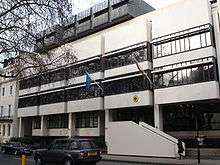List of diplomatic missions of Germany

This is a list of diplomatic missions of Germany. Historically, the German state of Prussia and several smaller German states, had sent emissaries abroad prior to the establishment of the North German Confederation, the precursor to the modern Federal Republic of Germany.
In 1874 Germany had only four embassies (in London, Paris, Saint Petersburg, and Vienna), but this was complemented by non-ambassadorial representation in the form of 14 ministerial posts (in Athens, Bern, Brussels, The Hague, Constantinople, Copenhagen, Lisbon, Madrid, Rome, Stockholm, Peking, Rio de Janeiro, Washington, D.C., and to the Holy See), seven consulates-general with diplomatic status (in Alexandria, Belgrade, Bucharest, London, New York, Budapest, and Warsaw), and 37 consulates and vice-consulates headed by consular officers. By 1914 five additional embassies were established in Constantinople, Madrid, Rome, Washington, D.C., and Tokyo. The Foreign Office progressively reformed itself in this time to serve Germany's rising commercial and colonial interests abroad, as well as to reflect the professionalisation of diplomacy generally.
Politics of the Third Reich affected the Foreign Office. In 1933 the Reich Citizenship Act led to the forced retirement of over 120 tenured civil servants. Positions and structures were created to imbed NSDAP representatives, and the SS began to be posted abroad as "police attachés". Under Joachim von Ribbentrop the Reich Foreign Ministry grew from 2,665 officers in 1938 to a peak of 6,458 in 1943, despite missions abroad closing as a consequence of the Second World War.
Germany's post-war diplomatic network started as early as 1949 with a mission in Paris to the newly formed Organisation for Economic Co-operation and Development. The following year consulates-general were (re)opened in London, New York City, Paris, Istanbul, Amsterdam, Brussels, Rome, and Athens (until 1951 these were not embassies, as by virtue of the Occupation Statute the three allied powers had competence of foreign affairs; these consulates were intended to just manage commercial and consular affairs). West Germany's Federal Foreign Office grew, and by the time of Germany's reunification in 1990 there were 214 diplomatic missions abroad. Following German reunification, the Federal Republic inherited several diplomatic representations of the Ministry for Foreign Affairs of former East Germany.
The West German embassy in Stockholm was occupied by the Red Army Faction in 1975. In 1989 its embassies in Budapest and Prague sheltered fleeing East Germans while waiting for permission to travel onwards to West Germany; permission was subsequently given by the Czechoslovakian and Hungarian governments, accelerating the collapse of socialist hegemony in Eastern Europe.
Germany "assists" Sweden in its duties as protecting power for several Western states in North Korea "when necessary".
Today Germany manages 226 diplomatic missions abroad (listed below). There are also 354 unpaid honorary consuls.
Africa


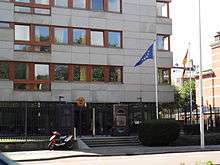


_01.jpg)
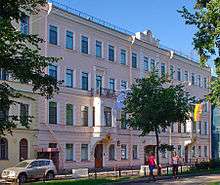




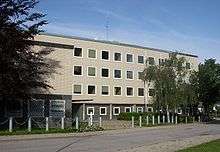

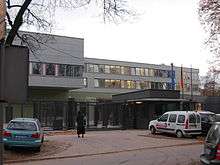


 Algeria
Algeria
- Algiers (Embassy)
 Angola
Angola
- Luanda (Embassy)
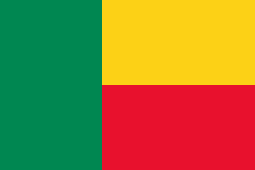 Benin
Benin
- Cotonou (Embassy)
 Botswana
Botswana
- Gaborone (Embassy)
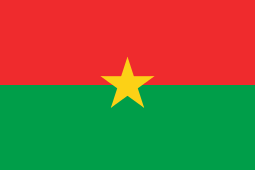 Burkina Faso
Burkina Faso
- Ouagadougou (Embassy)
 Burundi
Burundi
- Bujumbura (Embassy)
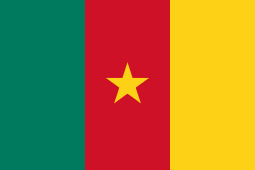 Cameroon
Cameroon
- Yaoundé (Embassy)
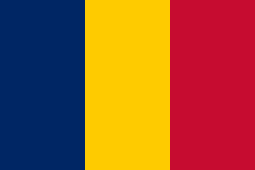 Chad
Chad
- N'Djamena (Embassy)
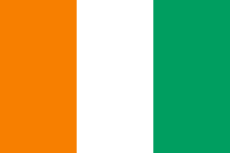 Côte d'Ivoire
Côte d'Ivoire
- Abidjan (Embassy)
 Democratic Republic of the Congo
Democratic Republic of the Congo
- Kinshasa (Embassy)
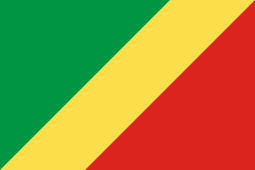 Republic of the Congo
Republic of the Congo
- Brazzaville (Embassy)
 Djibouti
Djibouti
- Djibouti City (Embassy)
 Egypt
Egypt
- Cairo (Embassy)
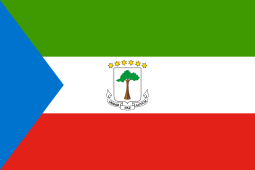 Equatorial Guinea
Equatorial Guinea
- Malabo (Embassy)
 Eritrea
Eritrea
- Asmara (Embassy)
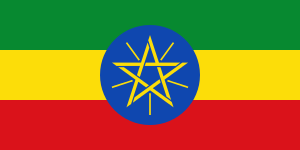 Ethiopia
Ethiopia
- Addis Ababa (Embassy)
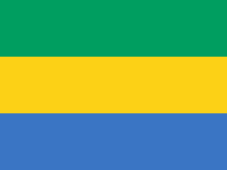 Gabon
Gabon
- Libreville (Embassy)
 Ghana
Ghana
- Accra (Embassy)
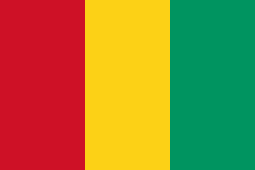 Guinea
Guinea
- Conakry (Embassy)
 Kenya
Kenya
- Nairobi (Embassy)
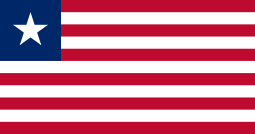 Liberia
Liberia
- Monrovia (Embassy)
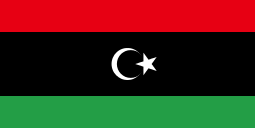 Libya
Libya
- Tripoli (Embassy)
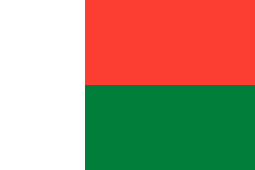 Madagascar
Madagascar
- Antananarivo (Embassy)
 Malawi
Malawi
- Lilongwe (Embassy)
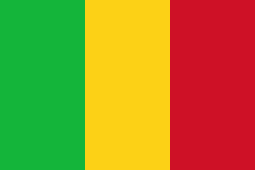 Mali
Mali
- Bamako (Embassy)
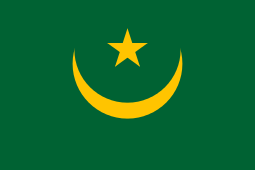 Mauritania
Mauritania
- Nouakchott (Embassy)
 Morocco
Morocco
- Rabat (Embassy)
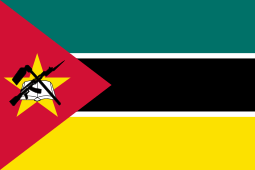 Mozambique
Mozambique
- Maputo (Embassy)
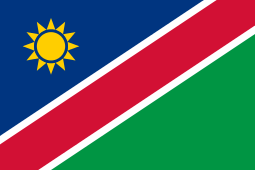 Namibia
Namibia
- Windhoek (Embassy)
 Niger
Niger
- Niamey (Embassy)
 Nigeria
Nigeria
 Rwanda
Rwanda
- Kigali (Embassy)
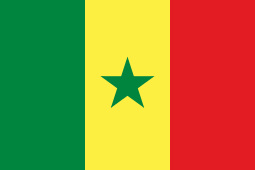 Senegal
Senegal
- Dakar (Embassy)
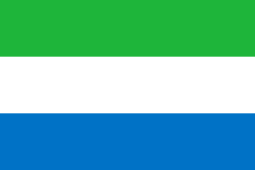 Sierra Leone
Sierra Leone
- Freetown (Embassy)
 South Africa
South Africa
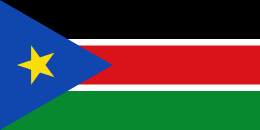 South Sudan
South Sudan
- Juba (Embassy)
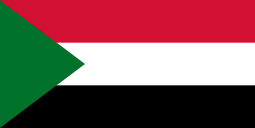 Sudan
Sudan
- Khartoum (Embassy)
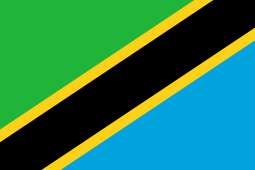 Tanzania
Tanzania
- Dar es Salaam (Embassy)
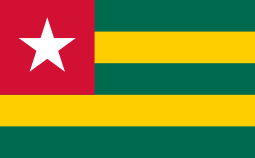 Togo
Togo
- Lomé (Embassy)
 Tunisia
Tunisia
- Tunis (Embassy)
 Uganda
Uganda
- Kampala (Embassy)
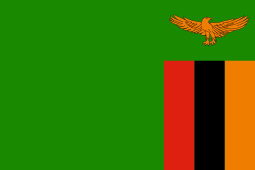 Zambia
Zambia
- Lusaka (Embassy)
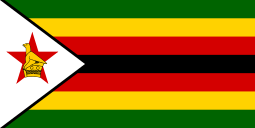 Zimbabwe
Zimbabwe
- Harare (Embassy)
Americas
 Argentina
Argentina
- Buenos Aires (Embassy)
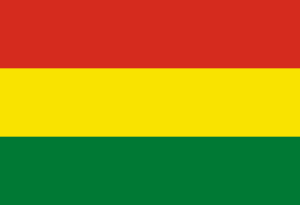 Bolivia
Bolivia
- La Paz (Embassy)
 Brazil
Brazil
- Brasília (Embassy)
- Porto Alegre (Consulate-General)
- Recife (Consulate-General)
- Rio de Janeiro (Consulate-General)
- São Paulo (Consulate-General)
 Canada
Canada
 Chile
Chile
- Santiago (Embassy)
 Colombia
Colombia
- Bogotá (Embassy)
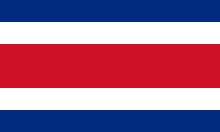 Costa Rica
Costa Rica
- San José (Embassy)
 Cuba
Cuba
- Havana (Embassy)
 Dominican Republic
Dominican Republic
- Santo Domingo (Embassy)
 Ecuador
Ecuador
- Quito (Embassy)
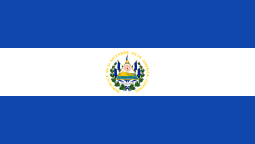 El Salvador
El Salvador
- San Salvador (Embassy)
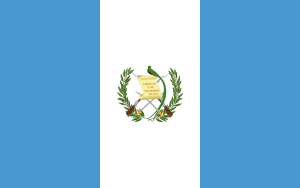 Guatemala
Guatemala
- Guatemala City (Embassy)
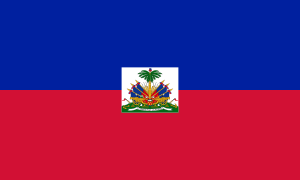 Haiti
Haiti
- Port-au-Prince (Embassy)
 Honduras
Honduras
- Tegucigalpa (Embassy)
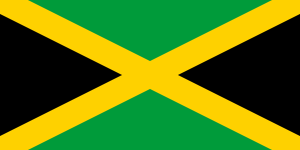 Jamaica
Jamaica
- Kingston (Embassy)
 Mexico
Mexico
- Mexico City (Embassy)
 Nicaragua
Nicaragua
- Managua (Embassy)
 Panama
Panama
- Panama City (Embassy)
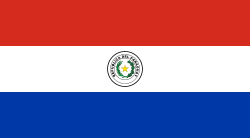 Paraguay
Paraguay
- Asunción (Embassy)
 Peru
Peru
- Lima (Embassy)
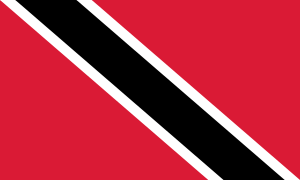 Trinidad and Tobago
Trinidad and Tobago
- Port of Spain (Embassy)
 United States
United States
- Washington, D.C. (Embassy)
- Atlanta (Consulate-General)
- Boston (Consulate-General)
- Chicago (Consulate-General)
- Houston (Consulate-General)
- Los Angeles (Consulate-General)
- Miami (Consulate-General)
- New York (Consulate-General)
- San Francisco (Consulate-General)
 Uruguay
Uruguay
- Montevideo (Embassy)
 Venezuela
Venezuela
- Caracas (Embassy)
Asia
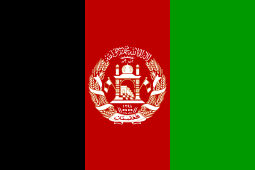 Afghanistan
Afghanistan
- Kabul (Embassy)
- Mazar-e-Sharif (Consulate-General)
 Armenia
Armenia
- Yerevan (Embassy)
 Azerbaijan
Azerbaijan
- Baku (Embassy)
 Bahrain
Bahrain
- Manama (Embassy)
 Bangladesh
Bangladesh
- Dhaka (Embassy)
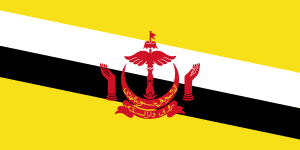 Brunei
Brunei
- Bandar Seri Begawan (Embassy)
 Burma
Burma
- Yangon (Embassy)
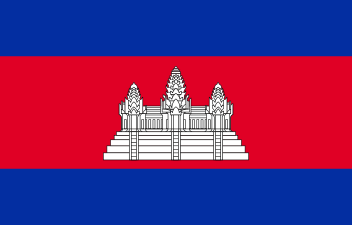 Cambodia
Cambodia
- Phnom Penh (Embassy)
 China
China
 Cyprus
Cyprus
- Nicosia (Embassy)
 Georgia
Georgia
- Tbilisi (Embassy)
 India
India
 Indonesia
Indonesia
- Jakarta (Embassy)
 Iran
Iran
- Tehran (Embassy)
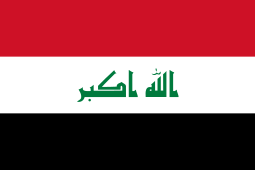 Iraq
Iraq
 Israel
Israel
 Japan
Japan
- Tokyo (Embassy)
- Osaka (Consulate-General)
 Jordan
Jordan
- Amman (Embassy)
 Kazakhstan
Kazakhstan
 North Korea
North Korea
- Pyongyang (Embassy)
 Republic of Korea
Republic of Korea
- Seoul (Embassy)
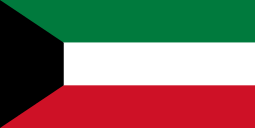 Kuwait
Kuwait
- Kuwait City (Embassy)
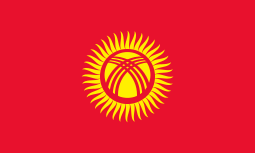 Kyrgyzstan
Kyrgyzstan
- Bishkek (Embassy)
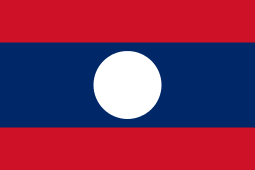 Laos
Laos
- Vientiane (Embassy)
 Lebanon
Lebanon
- Beirut (Embassy)
 Malaysia
Malaysia
- Kuala Lumpur (Embassy)
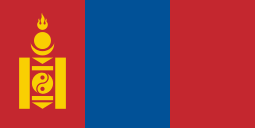 Mongolia
Mongolia
- Ulan Bator (Embassy)
 Nepal
Nepal
- Kathmandu (Embassy)
 Oman
Oman
- Muscat (Embassy)
 Pakistan
Pakistan
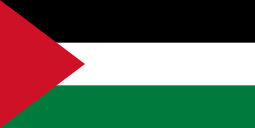 Palestinian Authority
Palestinian Authority
- Ramallah (Representative Office)
 Philippines
Philippines
- Manila (Embassy)
 Qatar
Qatar
- Doha (Embassy)
 Saudi Arabia
Saudi Arabia
 Singapore
Singapore
- Singapore (Embassy)
 Sri Lanka
Sri Lanka
- Colombo (Embassy)
 Republic of China (Taiwan)
Republic of China (Taiwan)
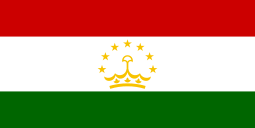 Tajikistan
Tajikistan
- Dushanbe (Embassy)
 Thailand
Thailand
- Bangkok (Embassy)
 Turkey
Turkey
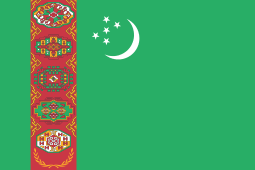 Turkmenistan
Turkmenistan
- Ashgabat (Embassy)
 United Arab Emirates
United Arab Emirates
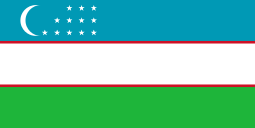 Uzbekistan
Uzbekistan
- Tashkent (Embassy)
 Vietnam
Vietnam
- Hanoi (Embassy)
- Ho Chi Minh City (Consulate-General)
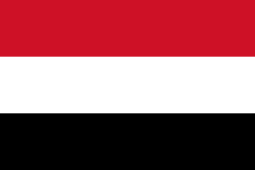 Yemen
Yemen
Europe
 Albania
Albania
- Tirana (Embassy)
 Austria
Austria
- Vienna (Embassy)
 Belarus
Belarus
- Minsk (Embassy)
.svg.png) Belgium
Belgium
- Brussels (Embassy)
 Bosnia and Herzegovina
Bosnia and Herzegovina
- Sarajevo (Embassy)
- Banja Luka (Embassy Outpost)
 Bulgaria
Bulgaria
- Sofia (Embassy)
 Croatia
Croatia
- Zagreb (Embassy)
 Czech Republic
Czech Republic
- Prague (Embassy)
 Denmark
Denmark
- Copenhagen (Embassy)
 Estonia
Estonia
- Tallinn (Embassy)
 Finland
Finland
- Helsinki (Embassy)
 France
France
- Paris (Embassy)
- Lyon (Consulate-General)
- Marseille (Consulate-General)
- Strasbourg (Consulate-General)
- Bordeaux (Consulate-General)
 Greece
Greece
- Athens (Embassy)
- Thessaloniki (Consulate-General)
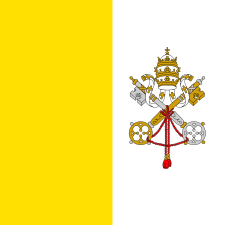 Holy See
Holy See
- Vatican City (Embassy)
 Hungary
Hungary
- Budapest (Embassy)
 Iceland
Iceland
- Reykjavík (Embassy)
 Ireland
Ireland
- Dublin (Embassy)
 Italy
Italy
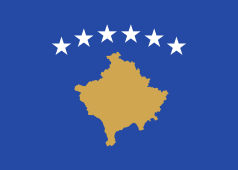 Kosovo
Kosovo
- Pristina (Embassy)
 Latvia
Latvia
- Riga (Embassy)
 Lithuania
Lithuania
- Vilnius (Embassy)
 Luxembourg
Luxembourg
- Luxembourg (Embassy)
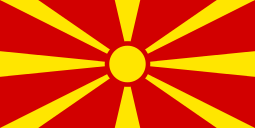 Macedonia
Macedonia
- Skopje (Embassy)
 Malta
Malta
- Valletta (Embassy)
 Moldova
Moldova
- Chişinău (Embassy)
 Montenegro
Montenegro
- Podgorica (Embassy)
 Netherlands
Netherlands
 Norway
Norway
- Oslo (Embassy)
 Poland
Poland
 Portugal
Portugal
- Lisbon (Embassy)
 Romania
Romania
 Russia
Russia
- Moscow (Embassy)
- Kaliningrad (Consulate-General)
- Novosibirsk (Consulate-General)
- Saint Petersburg (Consulate-General)
- Yekaterinburg (Consulate-General)
 Serbia
Serbia
- Belgrade (Embassy)
 Slovakia
Slovakia
- Bratislava (Embassy)
 Slovenia
Slovenia
- Ljubljana (Embassy)
 Spain
Spain
- Madrid (Embassy)
- Barcelona (Consulate-General)
- Palma de Mallorca (Consulate)
- Las Palmas de Gran Canaria (Consulate)
- Málaga (Consulate-General)
 Sweden
Sweden
- Stockholm (Embassy)
 Switzerland
Switzerland
- Bern (Embassy)
 Ukraine
Ukraine
- Kiev (Embassy)
 United Kingdom
United Kingdom
Oceania
 Australia
Australia
 New Zealand
New Zealand
- Wellington (Embassy)
Multilateral organisations
- Brussels (Permanent Mission to the European Union and NATO)
- Geneva (Permanent Mission to the United Nations and other international organisations)
- New York (Permanent Mission to the United Nations)
- Paris (Permanent Mission to the Organisation for Economic Co-operation and Development and UNESCO)
- Strasbourg (Permanent Mission to the Council of Europe)
- Vienna (Permanent Mission to the Organization for Security and Co-operation in Europe)
See also
External links
| Wikimedia Commons has media related to Embassies of Germany. |
| Wikimedia Commons has media related to Consulates of Germany. |
- Foreign Office of the Federal Republic of Germany
- German Embassy in Canberra, Australia
- German Embassy in Buenos Aires, Argentina
- German Embassy in Ottawa, Canada
- German Embassy in Beijing, China
- German Embassy in Paris, France
- German Embassy in Madrid, Spain
- German Embassy in Bern, Switzerland
- German Embassy in Wellington, New Zealand
- German Embassy in Oslo, Norway
- German Embassy in London, United Kingdom
- German Embassy in Washington D.C., United States
- German Embassy in Abu Dhabi, United Arab Emirates
- German Consulate-General in Dubai, United Arab Emirates
- German Embassy in Caracas, Venezuela

